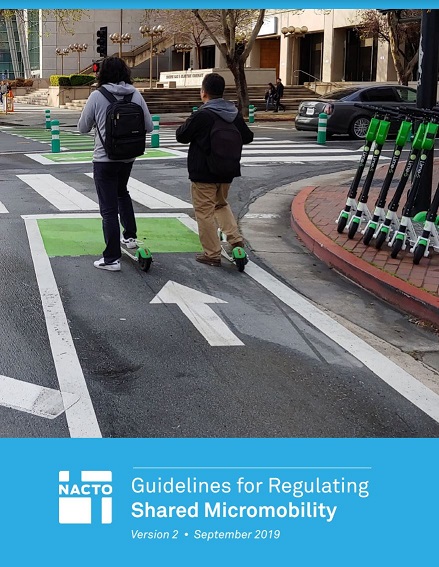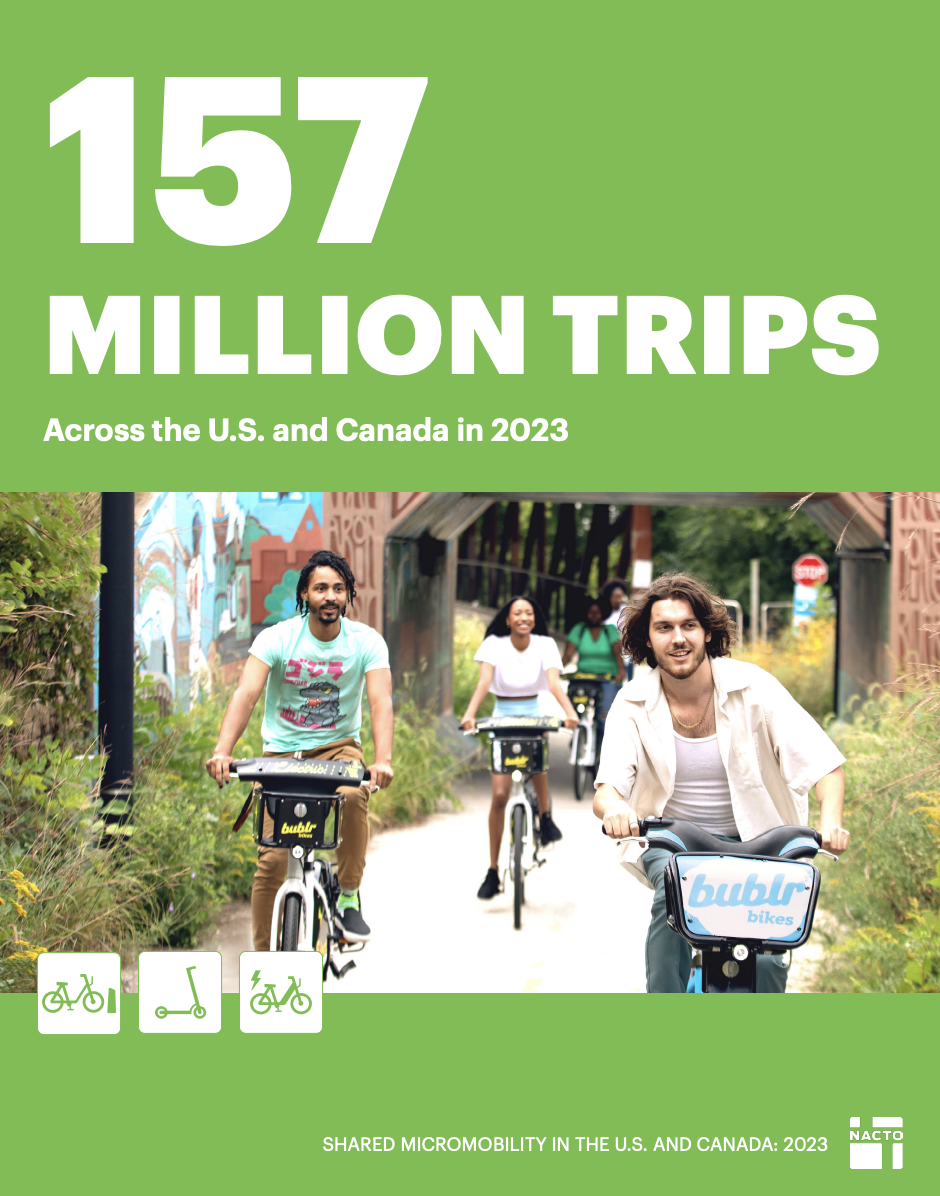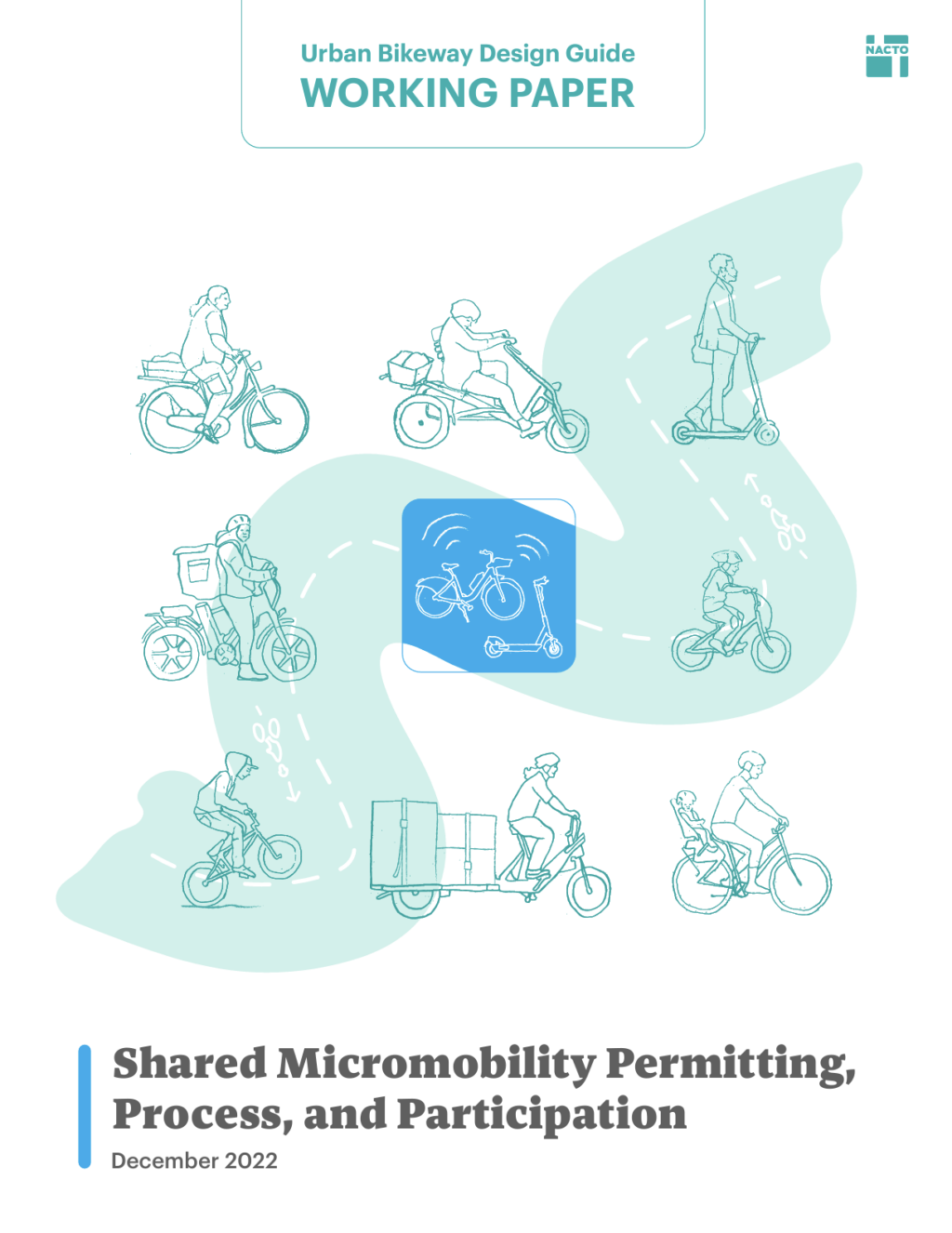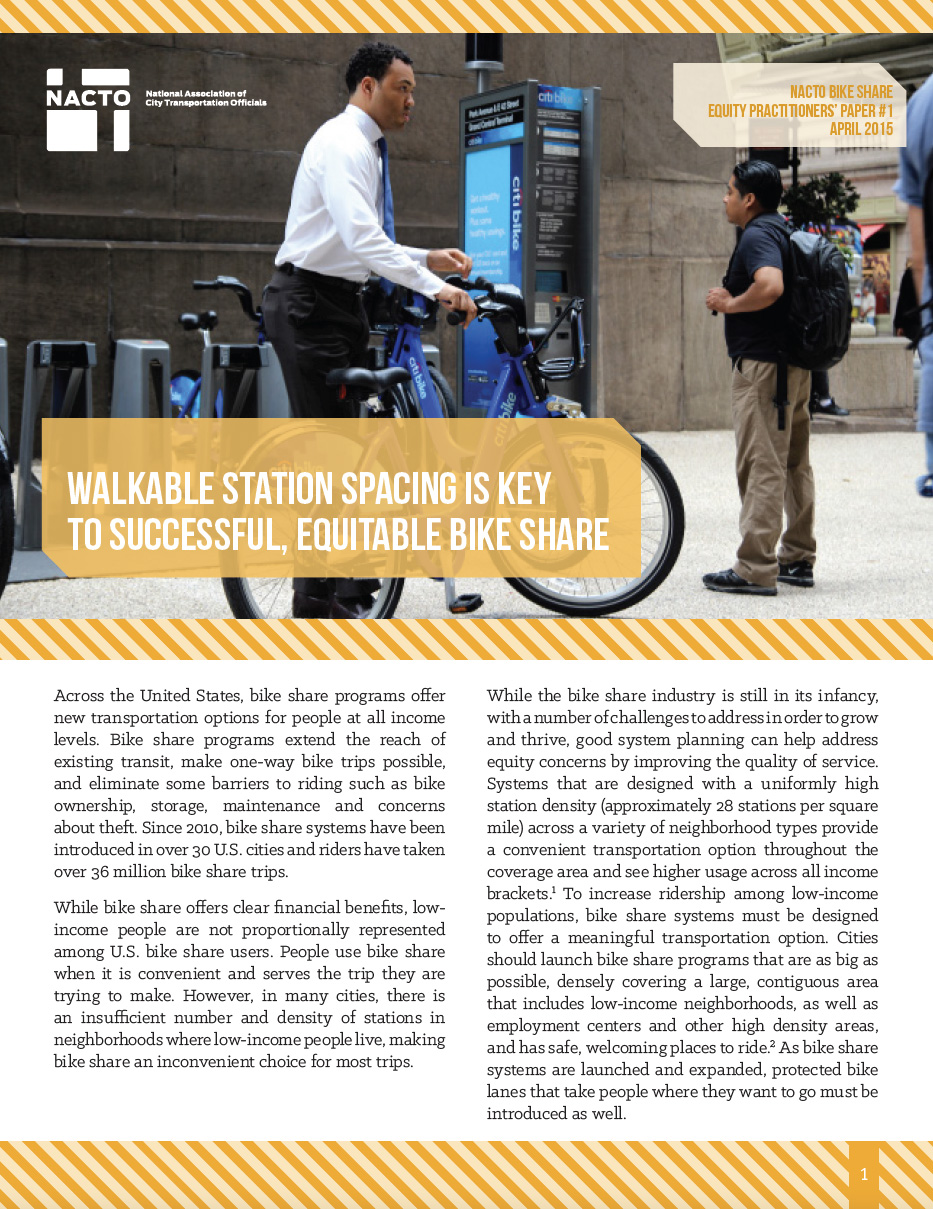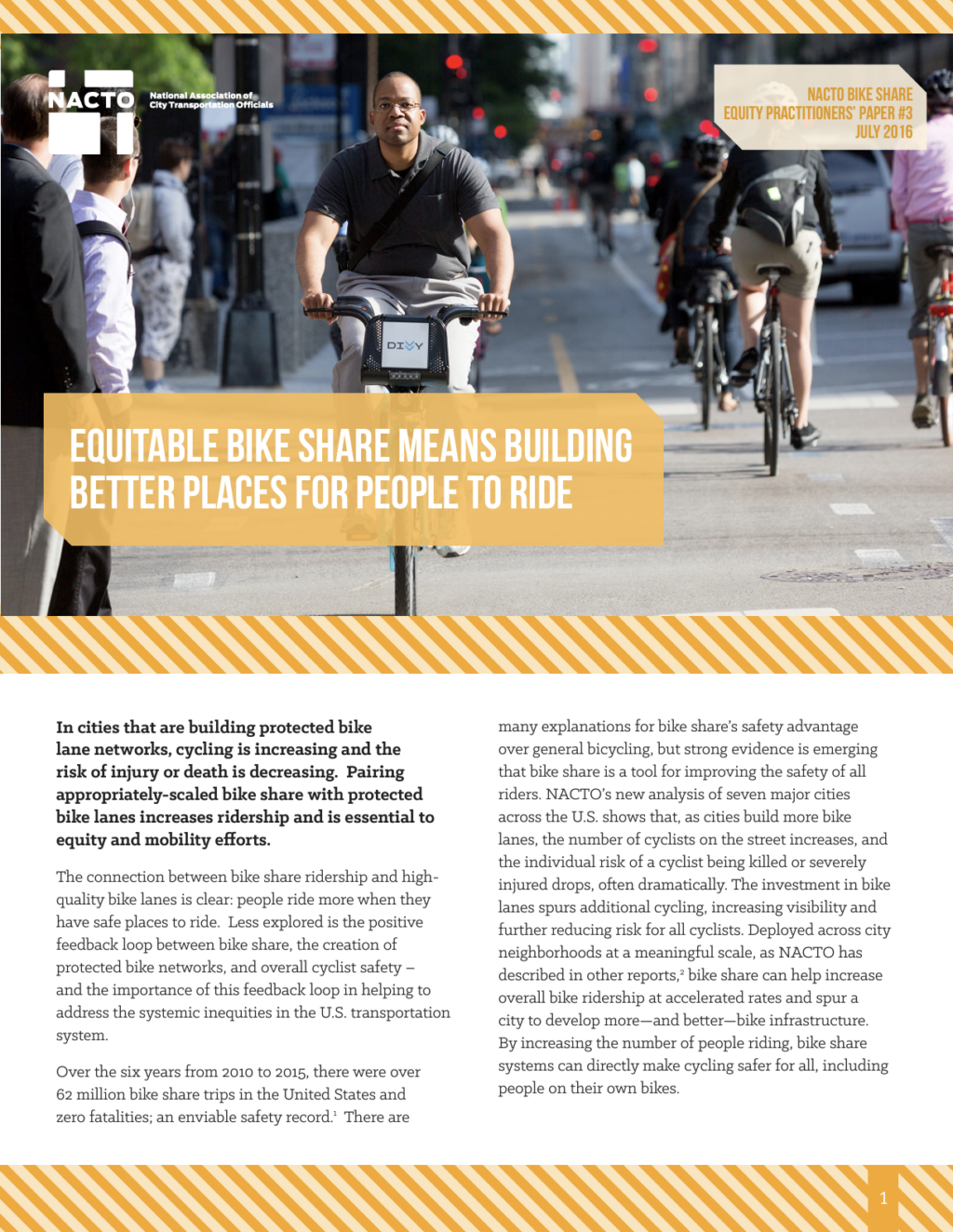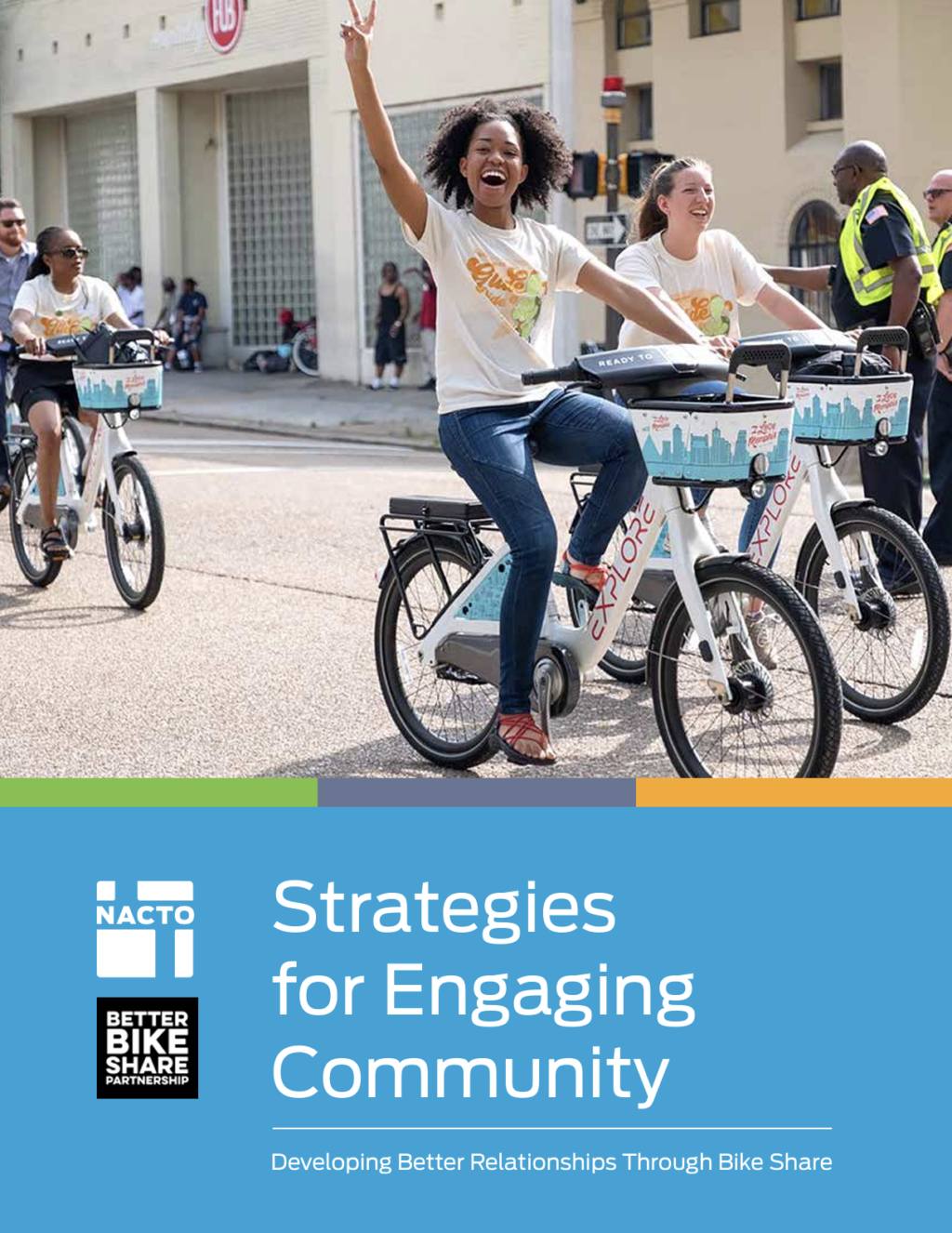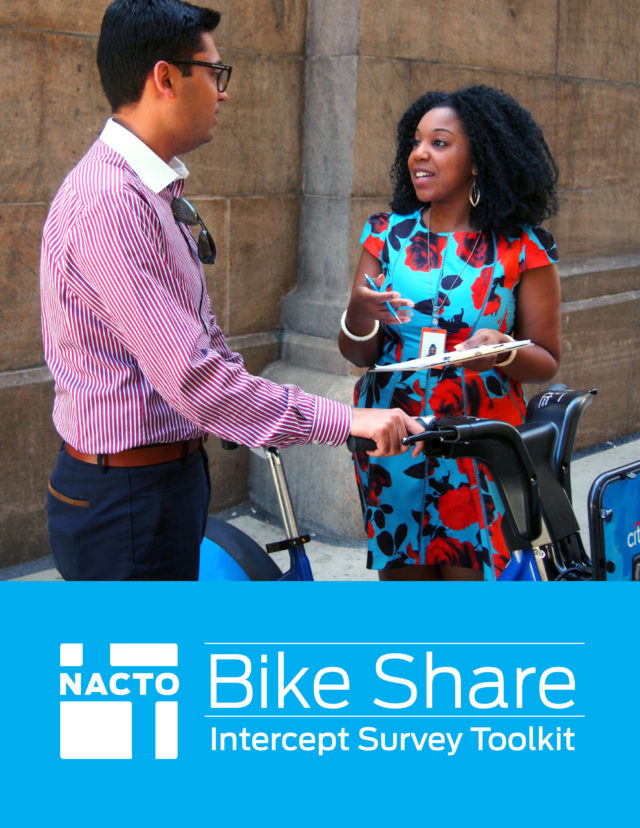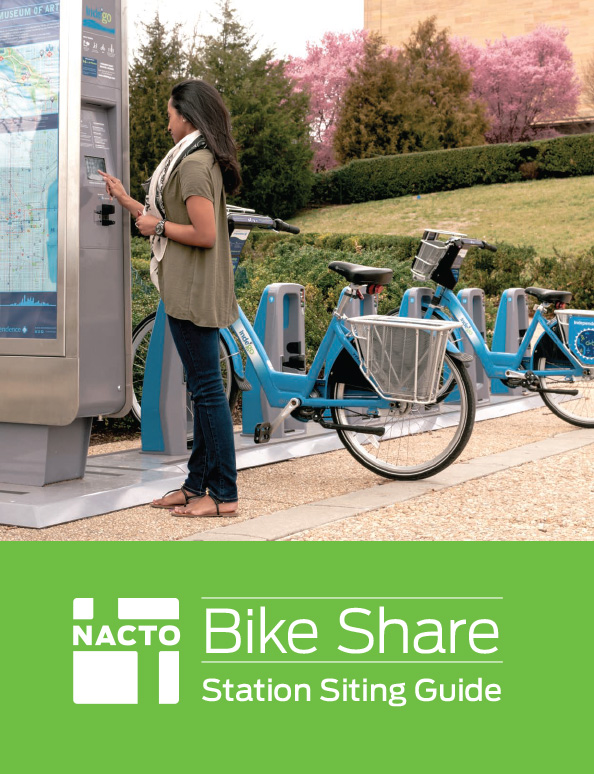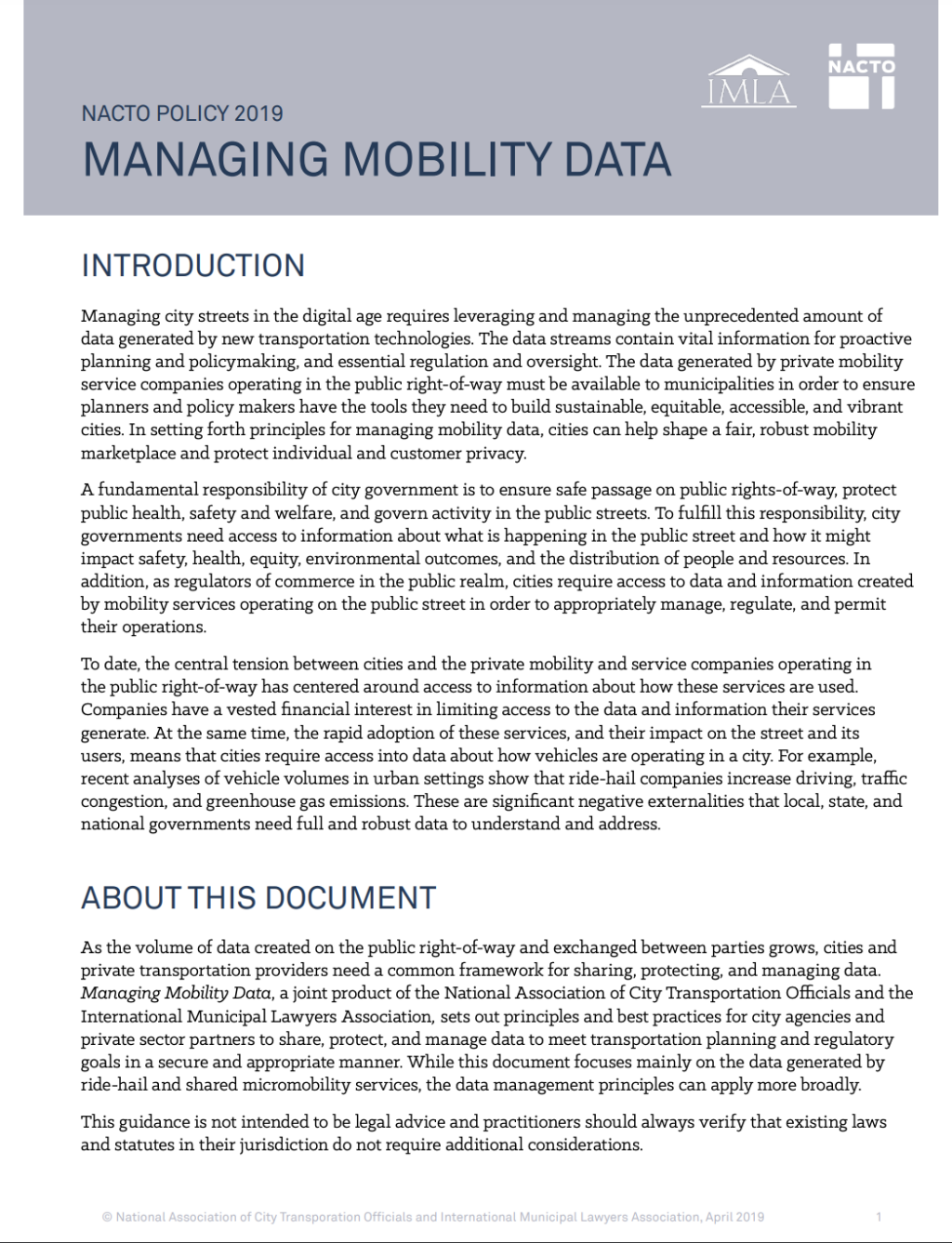NACTO’s Guidelines for Regulating Shared Micromobility outlines best practices for cities and public entities regulating and managing shared micromobility services on their streets. Its recommendations were developed to reflect the wide variety of experiences that North American cities have had in regulating and managing shared micromobility.
While many of the issues covered are applicable to all forms of shared micromobility, this document is explicitly meant to help cities establish guidelines for formal management of public-use mobility options that are not managed through traditional procurement processes (the management mechanism for most docked bike share programs in North America). The rapid growth in the number of shared micromobility trips and the introduction of e-scooters has required cities to focus new attention on how best to regulate these new services in order to achieve the best public outcomes.
The Guidelines are divided into two broad sections:
Best Practice Recommendations
- Regulations or policies that cities should include in their permits or require from their operators. By addressing these issues in a similar fashion across multiple jurisdictions, cities can create a level playing field for vendors and ensure a safer, more equitable experience for riders.
- For outstanding questions for which there is not yet a defined best practice, this document provides a discussion guide, which outlines options that cities may choose to take and context for future debate.
Current State of the Practice
- Shows how different cities regulate shared micromobility systems in different ways, including by fleet size, customer service expectations, permit fees, service areas, and more.
In particular, Guidelines for Regulating Shared Micromobility covers:
- Options for regulation, including permits, pilots, and demonstrations;
- General provisions that should be included in all agreements with providers, such as insurance requirements, and when an operator is to be considered in breach of its agreement with a city;
- Infrastructure investments, including device parking options such as on-street corrals and docking points (PDF), and guidance on providing safe places to ride (PDF);
- Suggestions on operational requirements, including fleet size, device relocation, rebalancing and fleet distribution, equipment and vehicle maintenance, customer service, and staffing;
- Safety provisions, including vehicle speed, battery practices, and parking options that preserve the public-right-of-way;
- Practices for equity, including increased access to underserved communities;
- Fee structures that enable cities to recoup their costs for managing dockless mobility in their cities, as well as provide public benefits;
- Public engagement (PDF), including outreach materials, as well as pricing and discount programs;
- Data management (PDF), including how cities can ensure access to accurate, high-quality data while maintaining individual privacy;
- Technology recommendations, including the best uses for geofencing technology along with its limitations.
Guidelines for Regulating Shared Micromobility was developed for cities, by cities; recommendations are the result of city experience. As with the first version, released in 2018, thoughtful, smart management of new mobility options is essential for cities as they work to protect the public right of way, increase mobility, and ensure that everyone benefits from new mobility options. Deriving guidelines from city staff ensures recommendations are vetted and relevant for practitioners regulating and managing shared micromobility on their cities’ streets.
This Guidance is made possible by Climate Works and the Better Bike Share Partnership. The Better Bike Share Partnership is a collaboration funded by The JPB Foundation to build equitable and replicable bike share systems. The partners include The City of Philadelphia, the Bicycle Coalition of Greater Philadelphia, the National Association of City Transportation Officials (NACTO) and the PeopleForBikes Foundation.
